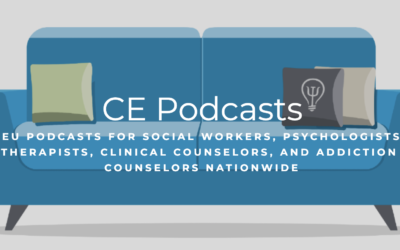Self-care is a big topic in the world of therapists and mental health providers. It should be- we cannot do our best when we are not at our best. As a former hospice social worker, I am comfortable working with clients who come to me with a terminal illness, or who become ill while we are working together. It is not the same relationship as a hospice medical team member, nor should it be, but my background and experience are helpful.
That background has also taught me much about the necessity of self-care when helping someone face death, be it the client or a family member or loved one of a client. They are facing stressors above and beyond most, and all of us have a need to help, or we would not be in this business. In moments like this, we have to pull back, and let the client tell us what they need. This is their death, or their loved ones, and they may be frantic and needing both therapy, coaching, and referrals, or they may be settled and need you simply to hold space as they work it through.
It is our need to make it better that can create stress and blur boundaries. We can help them assess where they are, and what their needs are, but we cannot fix much of what you may hear on their list. Frequently a dying person will have broken relationships to figure out, business needs to attend to that they are not even aware of, family to notify, plans to make. Family members may be facing a crunched timeline to address those relationships, conflict over past hurts or current issues, discomfort with illness and death, fear, past experiences that are coloring their expectations, or demands they cannot meet. The sad fact is that people die as they lived, not like a Hallmark card or Lifetime movie. Family conflict tends to escalate, not diminish.
And there you sit. Absorbing it, using every skill you have to allow your client to determine how to react and what they can manage. You will hear about pain, fear, maybe role play goodbyes, provide structure for letters or other communication for afterward. Not only might you be facing your countertransference, but you may not be someone who is able to hear about some of the concrete stuff that comes with dying.
You have to take care of yourself. If you are going to be a therapist doing this work, you have to stay present and be at 100%. Then you need to let it go. In my experience, going from that level of intensity directly into another session is exhausting, and feels impossible at times. Here are some ideas:
- Plan your schedule, and build in breaks more frequently than you might otherwise do
- Take a walk, and clear your head. Remind yourself that you are not responsible for the outcome, or the decisions
- Be prepared to react differently to a dying client talking about suicide. A planned death in a state where a patient can make that decision is different from a depressed client making a suicide threat. It is not your decision ot make, or to influence.
- Educate yourself. Find out what you can about their illness so you know what you are hearing.
- Get releases so you can talk to doctors if that becomes a means of providing the best care for your client.
- Find a colleague to consult- one who is experienced in this area
- Prepare yourself for death occurring
- Build in some conscious self-care time, for meditation, exercise, journaling, a quiet cup of tea – whatever works for you.
Being the therapist someone can trust to walk with them as part of their journey is an honor. It will help them, and enrich your life as a therapist. Take care of you while you are doing it.




